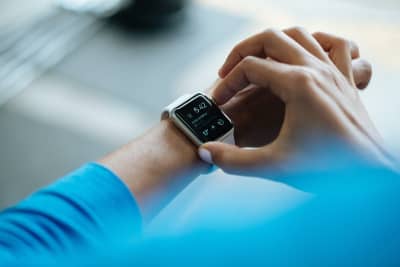Can reading books help you cope better with depression and anxiety? The Department of in the UK clearly thinks so and is backing a nationwide Books on Prescription scheme. Now, people in England with mild to moderate mental health concerns can be prescribed self-help books that they can borrow from their local library.
Among the 30 prescription titles to be stocked by libraries across England are books like The Feeling Good Handbook, How to Stop Worrying and Overcoming Anger and Irritability. The scheme has been developed by the Reading Agency charity and is based on a similar scheme in Wales pioneered by clinical psychologist Professor Neil Frude. In Wales today, three of the country’s 10 most borrowed books are self-help. Denmark and New Zealand run similar initiatives.
The thinking is straightforward. There is plenty of evidence that reading self-help books can be very beneficial, the latest being a study published in the online science journal Plos One which showed that people who used them over a year had measurably lower levels of depression.
The problem is that while some titles contain nuggets of gold, others aren't so good, and could be potentially harmful. A search for 'self help' on Amazon throws up 250,000 results. Professor Frude likes an American system of rating self-help books, from five-stars down to a dagger for books that actually make you feel worse.
The prescription scheme is being run in parallel with the Reading Agency's promotion called Mood Boosting Books. The idea is that as well as self-help titles, people should also read books that can put them in a better mood directly because they are funny or describe breath-taking experiences. Two recommended books are Frances Hodgson Burnett's The Secret Garden and Bill Bryson's Notes from a Small Island.


Comments
You need to be Logged In and a Moodscope Subscriber to Comment and Read Comments